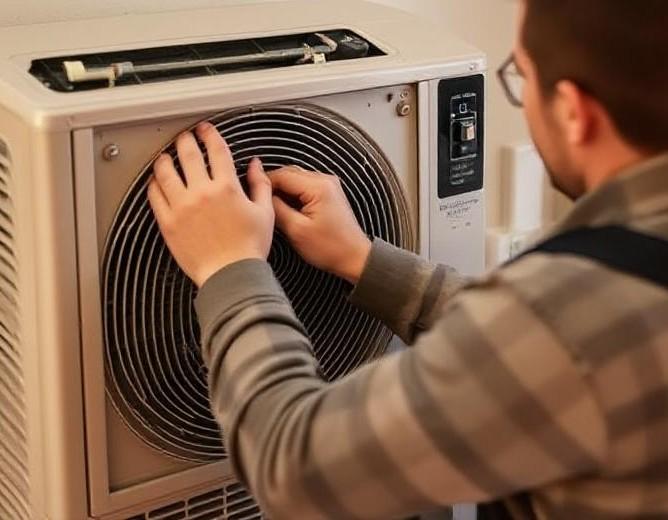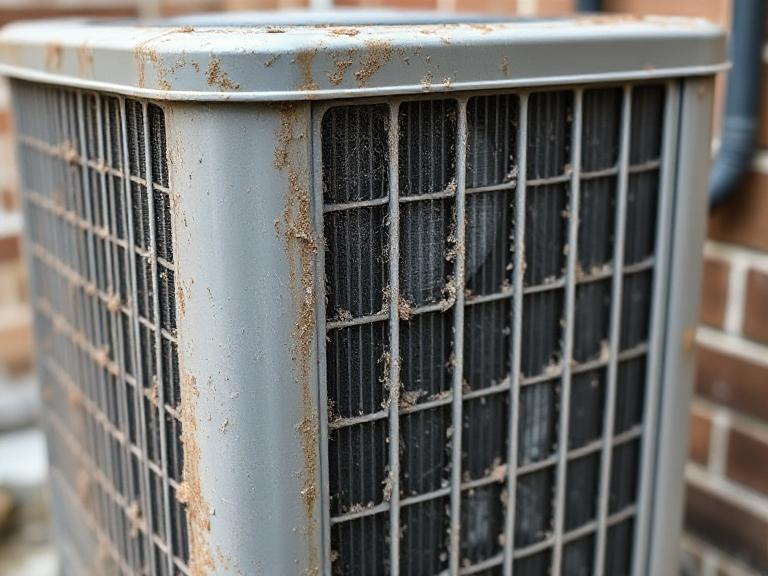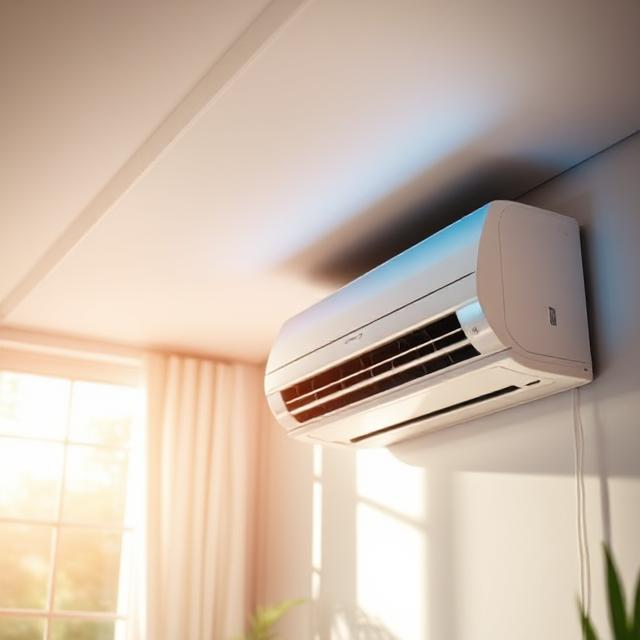
How Much Does Heating And Air Conditioning Cost?
Introduction
When it comes to maintaining a comfortable home, few things are as crucial as having a reliable heating and air conditioning system. But let’s face it—understanding the costs associated with these systems can be daunting. Whether you're a homeowner looking for air conditioning and heating services or just someone curious about how to budget for these essential utilities, you've come to the right place. In this extensive guide, we'll break down everything you need to know about heating and air conditioning expenses, ensuring you’re well-equipped to make informed decisions.
Breaking Down the Costs: What You Need to Know About Heating and Air Conditioning Expenses
Navigating the expenses of heating and air conditioning systems isn’t just about understanding your monthly bills; it involves many factors, from installation costs to maintenance fees. So, what should you really know?
1. The Initial Investment: Installation Costs
The first step in understanding heating and air conditioning expenses is recognizing the initial investment you’ll have to make for installation.
1.1 Types of Systems
You’ll often choose between central air conditioning units, window units, or ductless mini-splits. Each has its own price range:
- Central Air Conditioning: $3,000 - $7,000
- Window Units: $150 - $800
- Ductless Mini-Splits: $2,000 - $5,000
1.2 HVAC System Components
Additionally, remember that installation costs may vary based on the components included:
- Thermostats
- Ductwork
- Ventilation systems
2. Ongoing Maintenance Costs
Once your system is up and running, it's essential to consider ongoing maintenance costs.
2.1 Regular Servicing
Regular servicing can prevent unexpected breakdowns and costly repairs:
- Annual maintenance checks: $75 - $150
- Filter replacements: $20 - $50 every 3 months
2.2 DIY vs Professional Help
Can you do some of this work yourself? Absolutely! However, certain tasks are best left to professionals.
3. Energy Efficiency Ratings (EER)
Understanding energy efficiency ratings can save you money in the long run.
3.1 SEER Rating Explained
The Seasonal Energy Efficiency Ratio (SEER) measures how efficiently your air conditioner operates over a season:
- A unit with a SEER rating of 14 might cost around $400 annually.
- A unit with a SEER rating of 20 could be closer to $250.
Investing in higher-rated systems proves beneficial over time!
4. Utility Bills: Monthly Expenses
Your monthly utility bill will largely depend on how much you use your heating and cooling system.
4.1 Average Monthly Costs
In the U.S., average monthly electricity bills range from:



- Winter (Heating): $90 - $300
- Summer (Cooling): $100 - $350
Keep these numbers in mind when budgeting!
5. Hidden Costs You Might Not Consider
While we all focus on upfront payments and utility bills, hidden costs often lurk beneath the surface.
5.1 Unexpected Repairs
Even with regular maintenance, unexpected repairs can arise:
- Emergency HVAC repairs can cost anywhere from $150 to over $600.
5.2 Home Insurance Adjustments
Some insurance policies may adjust based on your HVAC system's age or efficiency ratings.
6. Choosing Between Repair or Replacement
When faced with an aging system, you'll have tough choices ahead.
6.1 Signs You Might Need a Replacement
When considering repair vs replacement, look for signs such as:
- Age of your system (over 10 years)
- Frequent breakdowns
- Increasing energy bills
Here’s where an expert opinion comes in handy!
FAQs About Heating and Air Conditioning Expenses
Q1: How much should I budget for annual HVAC maintenance?
A1: On average, homeowners typically spend between $150-$300 annually for routine maintenance services.
Q2: Are there tax credits available for energy-efficient HVAC systems?
A2: Yes! Many states offer tax credits or rebates for installing energy-efficient HVAC systems.
Q3: How long does an HVAC system last?
A3: Typically, a well-maintained HVAC system lasts between 15 to 25 years depending on usage.
Q4: What are common signs my AC needs servicing?
A4: If you're noticing unusual noises or increased humidity levels indoors, it's time for a check-up!
Q5: How can I improve my home's energy efficiency?
A5: Consider sealing drafts around windows/doors and upgrading insulation; both actions help reduce heating/cooling expenses significantly.
Q6: Is it worth investing in smart thermostats?
A6: Absolutely! Smart thermostats improve efficiency by learning your habits and helping manage temperatures more effectively.
Conclusion
Understanding heating and air conditioning expenses is critical for any homeowner looking to maintain comfort while managing their budgets effectively. From installation costs through ongoing maintenance fees down to utility bills—there's a lot at play here! By breaking down these costs comprehensively in "Breaking Down the Costs: What You Need to Know About Heating reliable air conditioner replacement Coachella and Air Conditioning Expenses," we hope you've gained valuable insights into making smarter decisions regarding your home’s climate control systems.
So whether you're looking at new installations or just planning annual maintenance schedules—remember that knowledge is power! With this guide tucked under your belt, you're now ready to tackle any questions or concerns regarding air conditioning and heating services head-on!